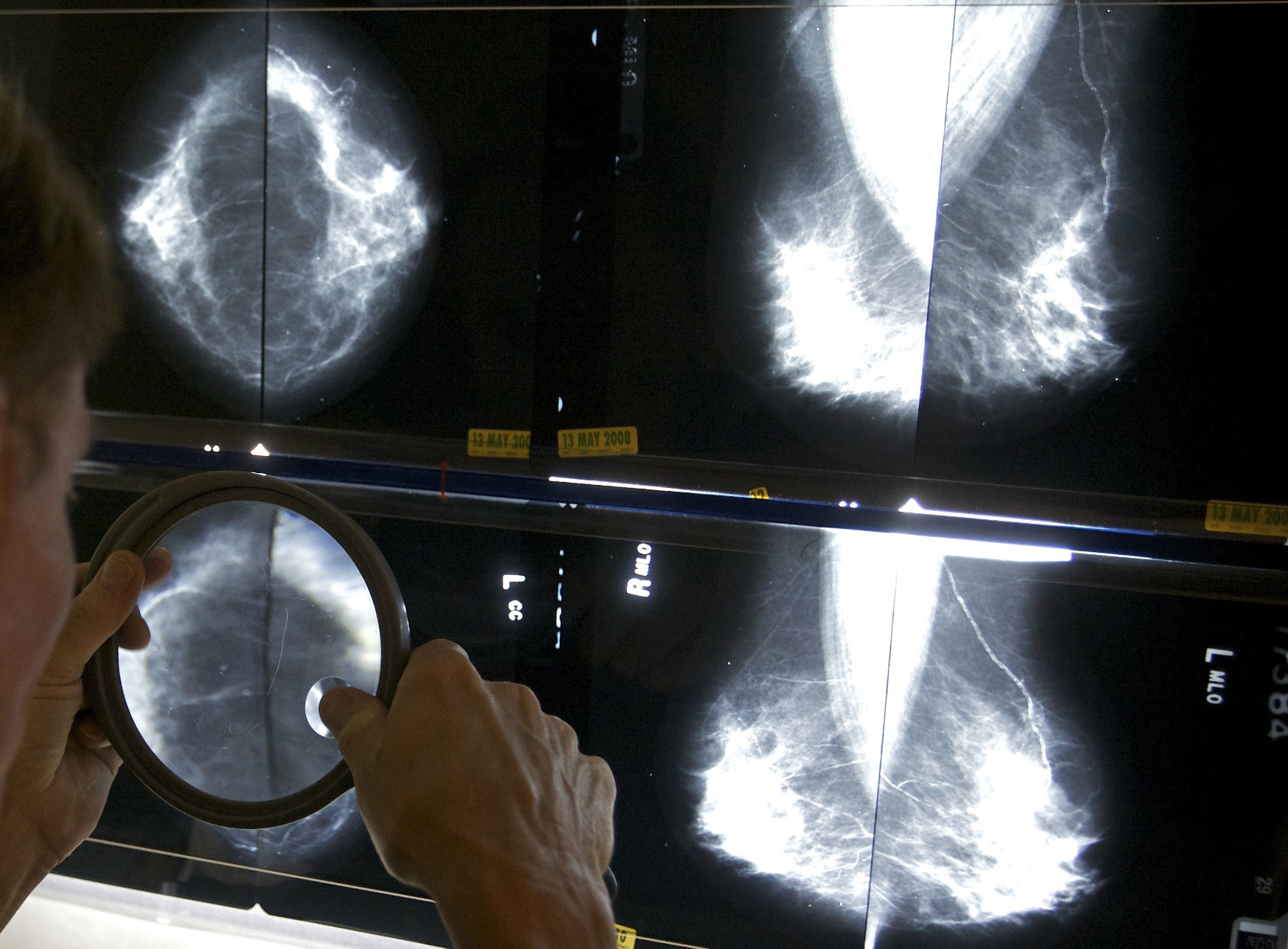Cancer Before 50: Why It's Increasing & What You Can Do
The Rising Tide: Why Cancer Before 50 is Becoming More Common
Introduction: An Alarming Trend
Cancer. The word itself can send chills down anyone's spine. But what if I told you that the age at which people are diagnosed with cancer is, in some cases, getting younger? Cancer before age 50, once considered rare, is showing an unsettling increase in the United States. Researchers are scrambling to understand why, and a recent study sheds some light on this worrying trend.
The New Study: A Comprehensive Look
A new government study, published in Cancer Discovery, a journal of the American Association for Cancer Research, provides the most complete picture yet of early-onset cancers. Scientists from the National Cancer Institute analyzed data from over 2 million cancer diagnoses in individuals aged 15 to 49 between 2010 and 2019. What did they find? It's a complex picture, but some key takeaways are emerging.
Rising Rates: Which Cancers Are on the Rise?
Out of 33 different types of cancer, the study found that 14 cancers had increasing rates in at least one younger age group. But which ones are showing the most significant increase? The study highlights four in particular:
Breast Cancer: A Persistent Concern
Breast cancer remains a major health concern, and the study indicates a rise in early-onset cases. This is particularly concerning given the emotional and physical toll it takes on younger women. Are lifestyle changes, environmental factors, or perhaps earlier detection methods playing a role here?
Colorectal Cancer: Not Just an "Old Person's Disease" Anymore
Colorectal cancer, traditionally associated with older adults, is increasingly being diagnosed in younger individuals. This is perhaps one of the most alarming findings, suggesting a shift in risk factors or exposures. What could be driving this increase? Dietary changes? Increased sedentary lifestyles? Further research is needed to pinpoint the causes.
Kidney Cancer: Another Uprising Trend
Kidney cancer is another type showing an increase in early-onset cases. This raises questions about potential environmental exposures or genetic predispositions affecting younger populations. The increase in kidney cancer diagnoses is less widely discussed, making the data even more important.
Uterine Cancer: An Emerging Threat
Uterine cancer is also showing an upward trend in younger women. This raises concerns about hormonal factors, lifestyle choices, and other potential contributing factors. The rise in uterine cancer is especially concerning, highlighting the need for earlier screening and awareness.
Gender Disparity: A Significant Difference
The study also revealed a striking gender disparity. Approximately 63% of the early-onset cancers were diagnosed in women. This begs the question: Why are women disproportionately affected? Are there hormonal factors, lifestyle differences, or occupational exposures that might explain this disparity?
Possible Explanations: What's Going On?
So, what could be behind this increase in early-onset cancers? While the study doesn't pinpoint specific causes, it does open the door to further investigation. Here are a few potential factors:
Dietary Changes: A Westernized Diet?
Changes in diet, such as increased consumption of processed foods, sugary drinks, and red meat, have been linked to an increased risk of certain cancers. Could a "Westernized" diet be contributing to the rise in early-onset cancers?
Obesity: A Growing Epidemic
Obesity is a known risk factor for many types of cancer, and its prevalence has been increasing in recent decades. Could the obesity epidemic be fueling the rise in early-onset cancers?
Environmental Factors: Toxins in Our Surroundings
Exposure to environmental toxins, such as pesticides, pollutants, and chemicals in consumer products, could also play a role. Are we unknowingly exposing ourselves to substances that are increasing our cancer risk?
Lifestyle Choices: Sedentary Behaviors
A sedentary lifestyle, characterized by prolonged sitting and lack of physical activity, is another potential contributor. Could our increasingly sedentary lifestyles be impacting our cancer risk?
Screening and Detection: Are We Getting Better at Finding Cancer Earlier?
It's also possible that earlier detection methods, such as improved screening technologies, are contributing to the apparent increase in early-onset cancers. However, this likely doesn't fully explain the trend.
The Need for More Research: A Call to Action
As Tim Rebbeck of Dana-Faraber Cancer Institute emphasizes, "These kinds of patterns generally reflect something profound going on. We need to fund research that will help us understand." More research is crucial to identify the specific causes of this rise in early-onset cancers and develop effective prevention strategies.
What Can We Do? Proactive Steps
While researchers work to uncover the underlying causes, there are steps we can all take to reduce our cancer risk:
Healthy Diet: Fueling Your Body Right
Eat a balanced diet rich in fruits, vegetables, and whole grains. Limit processed foods, sugary drinks, and red meat.
Regular Exercise: Staying Active
Engage in regular physical activity. Aim for at least 150 minutes of moderate-intensity exercise or 75 minutes of vigorous-intensity exercise per week.
Maintain a Healthy Weight: Body Mass Index
Maintain a healthy weight. Obesity is a risk factor for many types of cancer.
Avoid Tobacco: Saying No to Smoke
Avoid tobacco use in all forms. Smoking is a leading cause of cancer.
Regular Check-ups: Staying On Top of Things
Get regular check-ups and screenings as recommended by your doctor.
Conclusion: Staying Informed and Empowered
The increasing incidence of cancer before age 50 is a serious concern that requires further investigation. While the exact causes remain unclear, lifestyle factors, environmental exposures, and genetic predispositions likely play a role. By staying informed, making healthy choices, and advocating for more research, we can empower ourselves and future generations to reduce our cancer risk. Early detection and preventive measures are more important now than ever.
Frequently Asked Questions
Here are some frequently asked questions about the rising rates of early-onset cancers:
- Is early-onset cancer more aggressive than cancer diagnosed later in life?
While the aggressiveness can vary depending on the type of cancer, some studies suggest that early-onset cancers may be more aggressive in certain cases. This is an area of ongoing research. - What are the recommended screening guidelines for younger adults?
Screening guidelines vary depending on individual risk factors and the type of cancer. It's important to discuss your personal risk factors with your doctor to determine the appropriate screening schedule for you. - Are there any specific genetic tests I should consider if I have a family history of early-onset cancer?
Genetic testing may be appropriate if you have a strong family history of early-onset cancer. Talk to your doctor about genetic counseling and testing options. - Can environmental factors really play a significant role in the development of early-onset cancer?
While genetics and lifestyle are important, exposure to certain environmental toxins has been linked to an increased cancer risk. Minimizing your exposure to known carcinogens is always a good idea. - What research efforts are currently underway to better understand and prevent early-onset cancers?
Numerous research institutions are actively studying the causes of early-onset cancers and developing new prevention strategies. These efforts include large-scale epidemiological studies, genetic research, and clinical trials.

